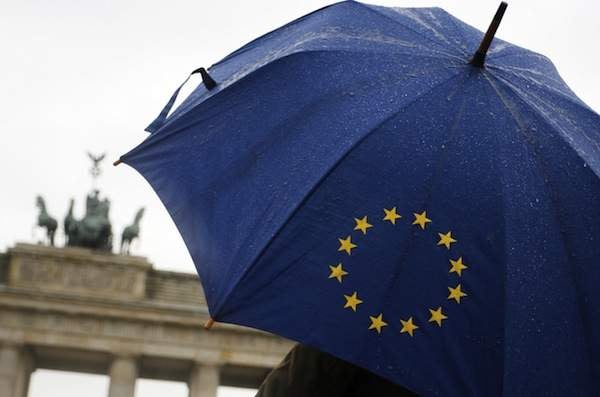
Brexit could make it more difficult to return children abducted to an EU country, write Jo Edwards and Jamie Gaw.
With the end of the school year approaching, many families will be making holiday plans. For separated parents this can be a thorny issue. If parents cannot reach an agreement, the court will need to determine the matter.
International couples in particular may wonder where proceedings relating to their children should take place. The primary basis for jurisdiction is where the child is habitually resident. There is no definition of habitual residence in the key treaties/regulations which govern international children law, namely the 1980 Hague Convention on International Child Abduction, the 1996 Hague Convention on international private children law issues including custody, access and parental responsibility and the EU regulation Brussels II revised.
However, there is case law which provides guidelines on establishing habitual residence. Firstly, the child’s presence must be more than physical; it must reflect integration in a social and family environment. There also must be a certain permanence or regularity to the residence. Another important factor is the age of the child. An infant’s environment will be intertwined with that of her family, whereas cases concerning adolescents will require consideration of their state of mind.
Assuming that a child is habitually resident in England, how will the Court determine an application to take that child abroad on holiday?
Whether the destination country is a signatory to the 1980 Hague Convention will have a significant impact on the outcome. If the destination is a signatory, provided that the trip is in the child’s best interests, permission will usually be granted. If the destination is a non-Hague country (e.g. India, Dubai or Thailand) the Court will consider whether the advantages of the trip outweigh the welfare risks.
Whatever the destination, the parent should provide details of the trip, e.g. flight details, addresses and contact numbers. Additionally, if the destination is a non-Hague country, they should consider obtaining an expert’s report citing the risks and recommended safeguards (e.g. a financial bond and/or undertakings).
Now that the UK has voted to leave the EU what impact will this have on international children law?
All EU Countries are signatories of the 1980 Hague Convention. Therefore notwithstanding Brexit, the principle that an abducted child has to be returned to the country she was taken from will still apply.
However, Brussels II Revised, which applies only to EU members, strengthens and extends the provisions of the Hague Convention. In particular Brussels II specifies that an application for a child’s return must be determined within six weeks, save in exceptional circumstances. At present the mean duration of proceedings in England is 88 days; Denmark has achieved 44 days. In contrast, in the US the mean duration is 227 days. The Hague Convention also contains defences to resist a return order, including that the child should not be returned because there is a risk that she will be harmed. In contrast, Brussels II states that providing protective measures are put in place the child should still be returned.
In short, the implications of the referendum result are that it could take longer and be more difficult for a child abducted to an EU country to be returned to the UK, and vice versa post-Brexit.
In terms of custody, access and parental responsibility, all EU countries are signatories of the 1996 Hague Convention. Again Brussels II incorporates the Hague provisions. However, there is now a concern that cooperation and enforcement of private children law orders between the UK and other European countries may be less effective after the UK has left the EU.
Currently the English Court applies the concept of habitual residence in line with the objectives of Brussels II, with its emphasis on the child’s best interests. When the UK becomes fully divorced from the EU it is not clear whether the English Court will solely be guided by Hague Convention and domestic cases. However this may not make a big difference in practice, given the English Court’s own emphasis on a child’s welfare.
Ultimately, only time will tell whether a new treaty will be negotiated between the UK and the EU, perhaps mirroring the terms of Brussels II. Until then the future landscape of international children law will be uncertain.
Jo Edwards is a partner and head of family, and Jamie Gaw is a solicitor at Forsters.






